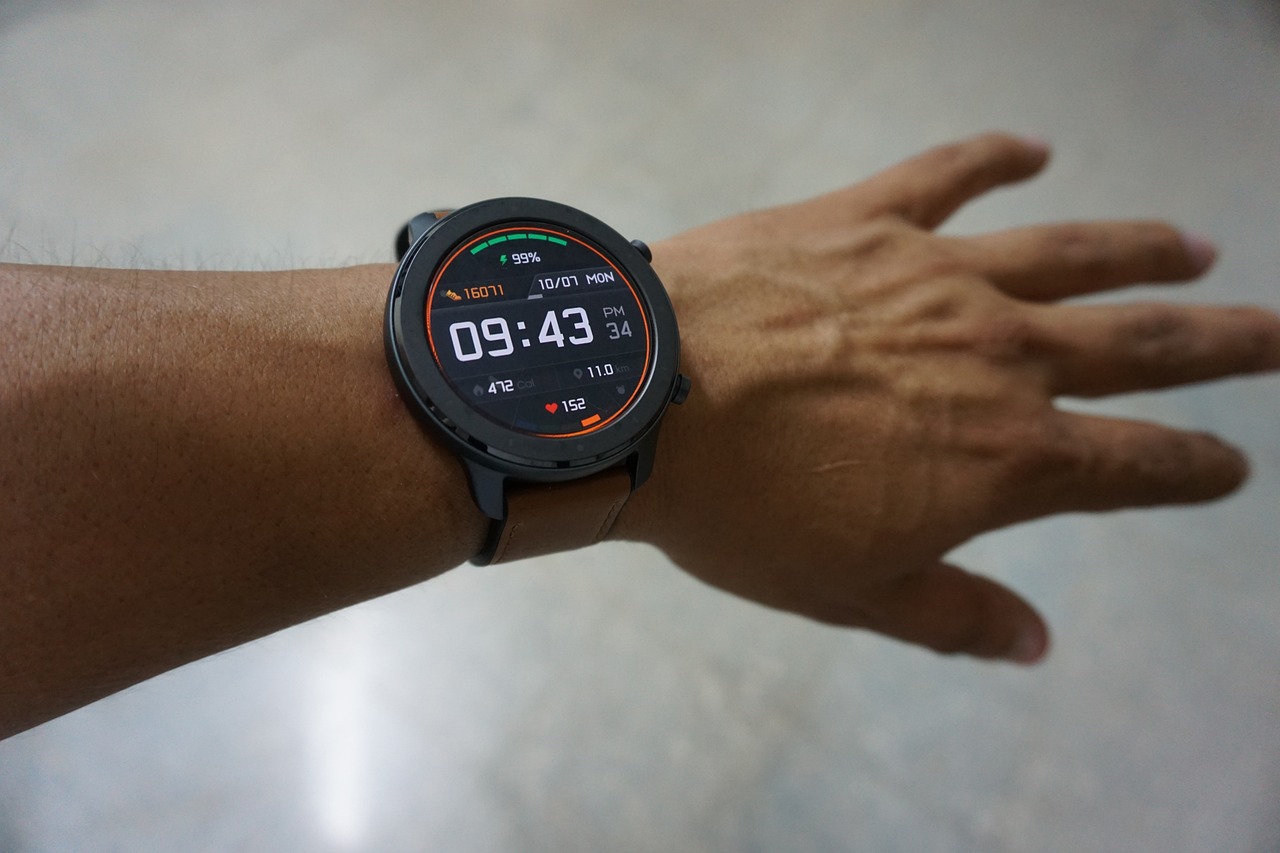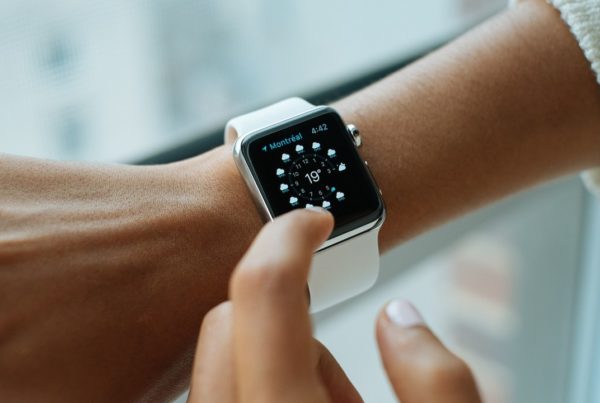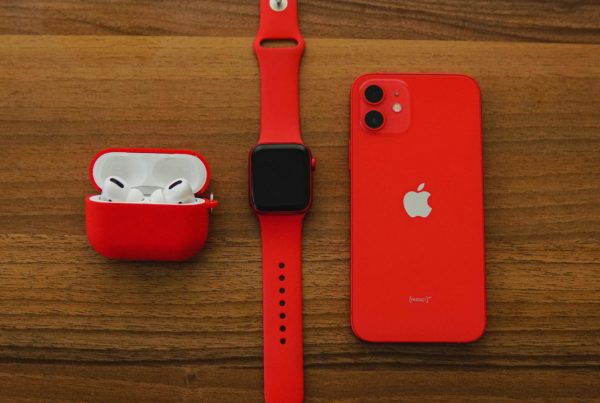The explosion of wearable health devices has undoubtedly transformed our approach to tracking well-being. From heart rate monitors to sleep trackers, these gadgets offer a treasure trove of insights into our bodies. Yet, alongside this excitement, a crucial question lingers: can we truly trust this data?
Accuracy: A Fading Question Mark?
Concerns about the accuracy of wearable data are well-founded, with studies highlighting discrepancies between devices and traditional medical measurements. This variability can range from minor differences to concerning inaccuracies, depending on the device and the specific health parameter being measured.
For instance, a 2023 study published in the journal “Nature Biomedical Engineering” compared the blood oxygen readings of six popular smartwatches against pulse oximeters, the gold standard for measuring oxygen saturation. The study found significant variations in accuracy, with some devices overestimating readings by up to 10% compared to the traditional method. This raises concerns about relying solely on wearable data for critical health decisions.
Furthermore, individual differences can also contribute to discrepancies. Factors like skin tone, body temperature, and even movement patterns can affect sensor readings, leading to personalized variations in accuracy. Additionally, data analysis algorithms play a crucial role in interpreting sensor data, and limitations in these algorithms can lead to misinterpretations and inaccurate results.
However, it’s important to note that the field of wearable health technology is constantly evolving. Researchers are actively working to improve the accuracy of devices through more advanced sensor technology, robust validation protocols, and sophisticated data analysis algorithms. Additionally, standardized testing procedures are being developed to ensure consistent device performance and user trust.
Privacy: A Tightrope Walk
Privacy concerns surrounding wearable health data are equally significant. Users rightfully demand transparency about how their data is collected, stored, and used. The specter of data breaches, unauthorized sharing, and profiling looms large, understandably raising concerns about potential misuse.
Addressing these concerns requires a multi-pronged approach. Clear and concise privacy policies outlining data practices are essential. Additionally, robust security measures, including encryption and anonymization, should be implemented to protect user data. Industry-wide standards and regulations are also needed to ensure responsible data stewardship across the board.
Building Trust: A Collaborative Journey
Earning user trust in wearable health data is no small feat. It requires a collective effort from device manufacturers, researchers, healthcare professionals, and, most importantly, users themselves.
- Transparency is Key: Open and honest communication about data collection, usage, and sharing practices is crucial. Users deserve to know what happens to their data.
- Data Security Matters: Robust security measures like encryption and anonymization are essential to safeguard sensitive health information.
- Validation is Paramount: Rigorous testing and validation of wearable devices against established medical standards are vital for ensuring data accuracy.
- Collaboration is Power: Industry-wide collaboration between stakeholders is crucial for developing ethical guidelines and regulations.
- Empowering Users: Users need control over their data, including the ability to access, correct, and delete it as needed.
By prioritizing both accuracy and privacy, we can unlock the true potential of wearable health data. This data holds immense promise for personalized healthcare, disease prevention, and improved overall well-being. However, this potential can only be realized when trust is built upon a foundation of transparency, ethical practices, and user empowerment.
ActLight’s Contribution: As a leader in light sensing technology, ActLight is committed to contributing to this collaborative effort. Our Dynamic Photodetector (DPD) technology offers enhanced sensitivity and accuracy, paving the way for more reliable health data collection for businesses in this field. Furthermore, we advocate for responsible data practices within the industry and support initiatives that prioritize user privacy and trust. More here.
Ultimately, building trust in wearable health data is an ongoing journey. By working together, we can ensure that this technology serves its intended purpose: empowering individuals to take charge of their health and well-being in a safe and secure manner.






